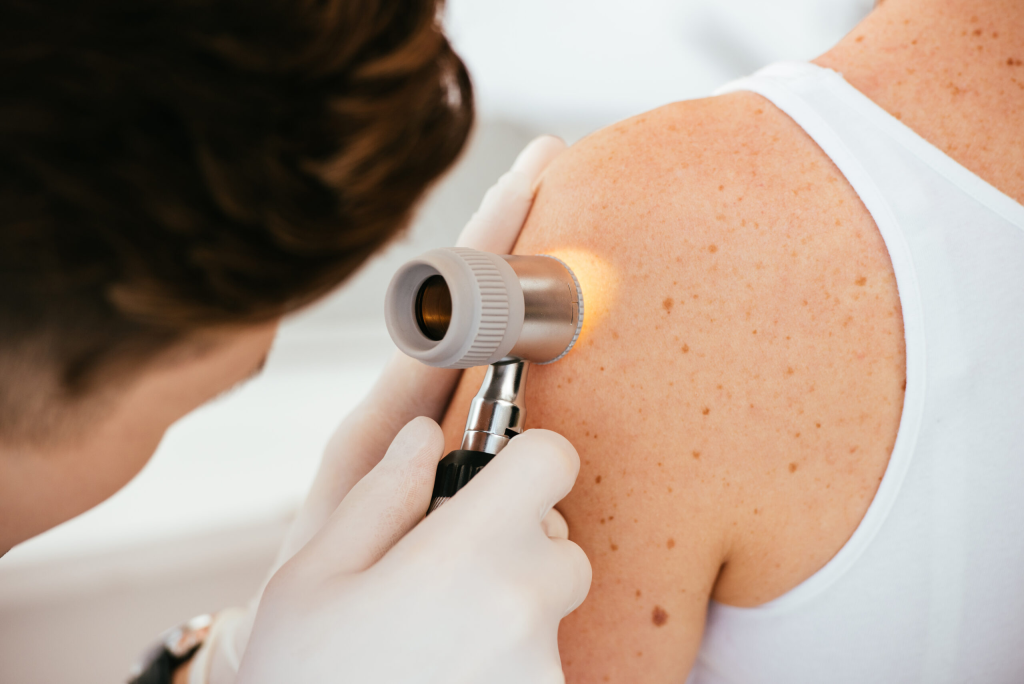Brisbane, with its tropical climate and vibrant culture, provides ample outdoor activities. However, we must remember to prioritize our health when it comes to skin care – in particular skin cancer screening and early diagnosis and effective treatment. In this comprehensive guide we’ll discuss the significance of skin cancer checks Brisbane at authentic centers like Sundoctors Brisbane including risks to consider and steps you can take for overall well being.
Reality of Living in Florida: Skin Cancer
Brisbane, located in Queensland’s sunniest state, experiences high levels of ultraviolet (UV) radiation due to its climate. This exposure raises the risk of skin cancer; according to Cancer Council Queensland, skin cancer is the most frequently diagnosed cancer in this region; therefore it’s imperative that residents remain vigilant and proactive regarding their skin health.
Importance of Regular Skin Cancer Checks
Early Detection
Regular skin cancer exams provide timely detection of any abnormal growths or moles that could signal skin cancer, increasing chances of successful treatment and positive prognosis.
Risk Analysis
Dermatologists are trained to conduct comprehensive risk analyses that evaluate your skin type, medical history and potential risk factors in order to establish susceptibility to skin cancer as well as guide effective preventative measures. This assessment helps them make an accurate determination and recommend suitable preventive steps.
Peace of Mind
Routine skin checks can give a sense of relief from anxiety related to potential skin health problems, with early identification and treatment helping alleviate unnecessary worry.
Educational Opportunity
Skin cancer checks offer an invaluable opportunity to educate yourself about proper sun protection techniques and other preventive measures that will benefit long-term skin health.
Risk Factors and High-Risk Groups
Awareness of risk factors increases the chances of skin cancer development. By being aware of them, you can take proactive steps toward prevention and early detection:
Fair Skin
People with fair skin often contain less melanin, making them more vulnerable to UV radiation damage.
Sun Exposure
Extended and frequent exposure to the sun’s harmful UV rays can increase your risk.
Family History
A family history of skin cancer can increase your risk of getting skin cancer.
Moles
An increase in mole-related vulnerabilities increases with increasing numbers or types.
Immunosuppression
People with compromised immune systems are at greater risk.
Past History
Prior skin cancer diagnoses can increase your risk of recurrence.
Age
As we age, skin cancer risk rises.
Artificial Tanning
Tanning beds and lamps may increase your risk of skin cancer.
Skin Cancer Check Process.
- Selecting a Dermatologist: Research and select an established dermatologist that specializes in skin cancer detection and treatment.
- Make an Appointment: To Have a Full Body Skin Check Don’t forget to go without makeup or nail polish for optimal examination purposes.
- Examination: Your dermatologist will conduct a careful inspection of your skin to detect any irregularities, moles or lesions that arise.
- Biopsy, If Necessary: If the dermatologist identifies any suspicious spots, they may recommend performing a biopsy – taking a small piece of tissue for further analysis – in order to investigate further.
- Follow-Up Appointments: Depending on the results, you may be provided with advice regarding treatment options, additional tests or scheduled follow-up appointments.
Prevent and Self-Care:
Though professional skin cancer examinations are essential, taking responsibility for sun protection through personal actions is also crucial.
- Sunscreen: Apply broad-spectrum sunscreen with an SPF 30 rating on cloudy days for best protection.
- Cover Up: Wear protective clothing such as wide-brimmed hats, sunglasses, and long-sleeved shirts in order to reduce direct sun exposure.
- Seek Shade: Limit exposure to direct sunlight during peak UV hours by seeking shade whenever possible.
- Avoid Tanning Beds: Artificial tanning has the potential to damage skin, so any form of tanning should be avoided at all costs.
- Skin Self-Examination: Regularly inspect your own skin to identify any changes and notify a dermatologist if anything seems out-of-place.
Conclusion
With Brisbane’s lively outdoor lifestyle in mind, prioritizing skin health is of utmost importance. Regular skin cancer checks play an integral role in early detection and effective treatment. By remaining informed of risks, taking preventive steps, and having regular checks you’re investing in yourself and creating the foundation of a sun-safe future in our bustling city. Remember the key to combating skin cancer lies within awareness, vigilance and taking timely actions against it.
See – Clermont Twins Before And After Plastic Surgery: Details







